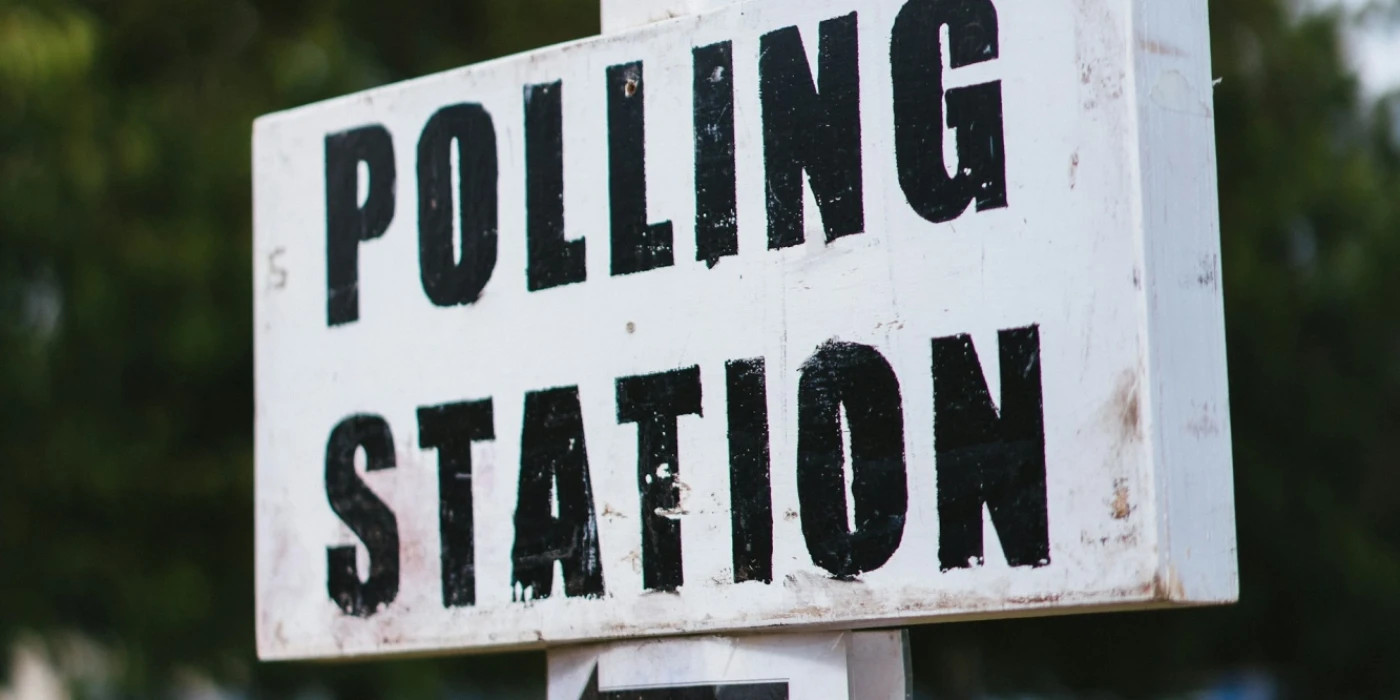Author
Zaya Nasheed
Zaya Nasheed is the Advocacy and Campaigns Manager at Migrant Democracy Project. Born in Maldives, Zaya has worked in campaigning and organising her entire career in the UK.
Opinions
Programmes

This month, we saw Rushanara Ali resign as the Minister for Homelessness. Ali’s exit was spurred on by the revelation that she had evicted her tenants under the guise of selling her property, only to re-advertise the property with a new hiked up of £700 more per month. The MP for Bethnal Green and Stepney consequently came under fire for engaging in the very practices the Labour Government are trying to outlaw in their Renters Reform Bill.
What has been less spoken about, and perhaps entirely ignored at times, was the second half of Ali’s portfolio; she was also the Minister for Democracy. The lack of attention paid to the latter half of her post seemingly reflects the concerning trend of apathy towards our democracy at large.
Democracy seems to be an afterthought in many of the political conversations, rather than the bedrock which protects all of our institutions. It is not one to be taken for granted, and most definitely not one that we can ignore. Rather, our democracy and its institutions need to be fiercely protected and championed not just by the sector, but by our society and politicians as whole.
For Migrant Democracy Project, Ali’s time in post was symbolic of this distancing from democracy, with intense hesitancy from the Minister to engage with us as a civil society organisation who is campaigning for a bolder, braver democracy. Our campaign is for every resident to have the right to vote, the simple concept of universal suffrage.
Over 1.2 million residents have no right to vote at all in England and Northern Ireland, with a further 4.4 million residents unable to vote in national elections across the UK. These unenfranchised residents cannot vote simply because of their nationality.
These are residents who live, work and call the UK their home. Whose lives are directly affected by the policies consecutive governments pursue. Yet, many of our community members remain unable to access the democratic landscape where decisions are made.
Our call to extend the franchise to all residents is not a radical idea held on the fringes. On the contrary, It is already in practice at home in the UK; Scotland and Wales have already implemented residence-based voting rights in their local and devolved elections. They did so at the same time they extended the right to vote to 16-17 year olds.
In addition to this, calls to extend the franchise are supported by some of the major progressive parties in the UK with the Green Party and the Liberal Democrats adding residence-based voting rights to their 2024 manifestos. And, until recently, the policy was supported by the Labour party itself with Keir Starmer himself speaking in favour of votes for all.
Prior to her departure, Ali announced the government’s upcoming Elections Bill, which includes the much anticipated Votes at 16. These reforms are well overdue and point towards a renewed attention towards the importance of democracy and democratic reform.
However, we must demand more from the moment.
The upcoming Elections Bill presents the perfect opportunity to explore a bolder, more invigorating democratic landscape. The current reforms are welcomed but only merely scratch the surface of what could be explored. Votes for all residents must be included in these reforms.
Our new Democracy Minister must be committed to protecting and ensuring that our democracy remains fit for the modern world - and that means responding to a world where people move and are affected by the policies of the place they call home.
This new chapter in our democracy must reflect our principles of inclusion, and equality. There cannot be a functioning democracy when millions of people who live, work and call the UK their home, have no democratic right in how they are governed.